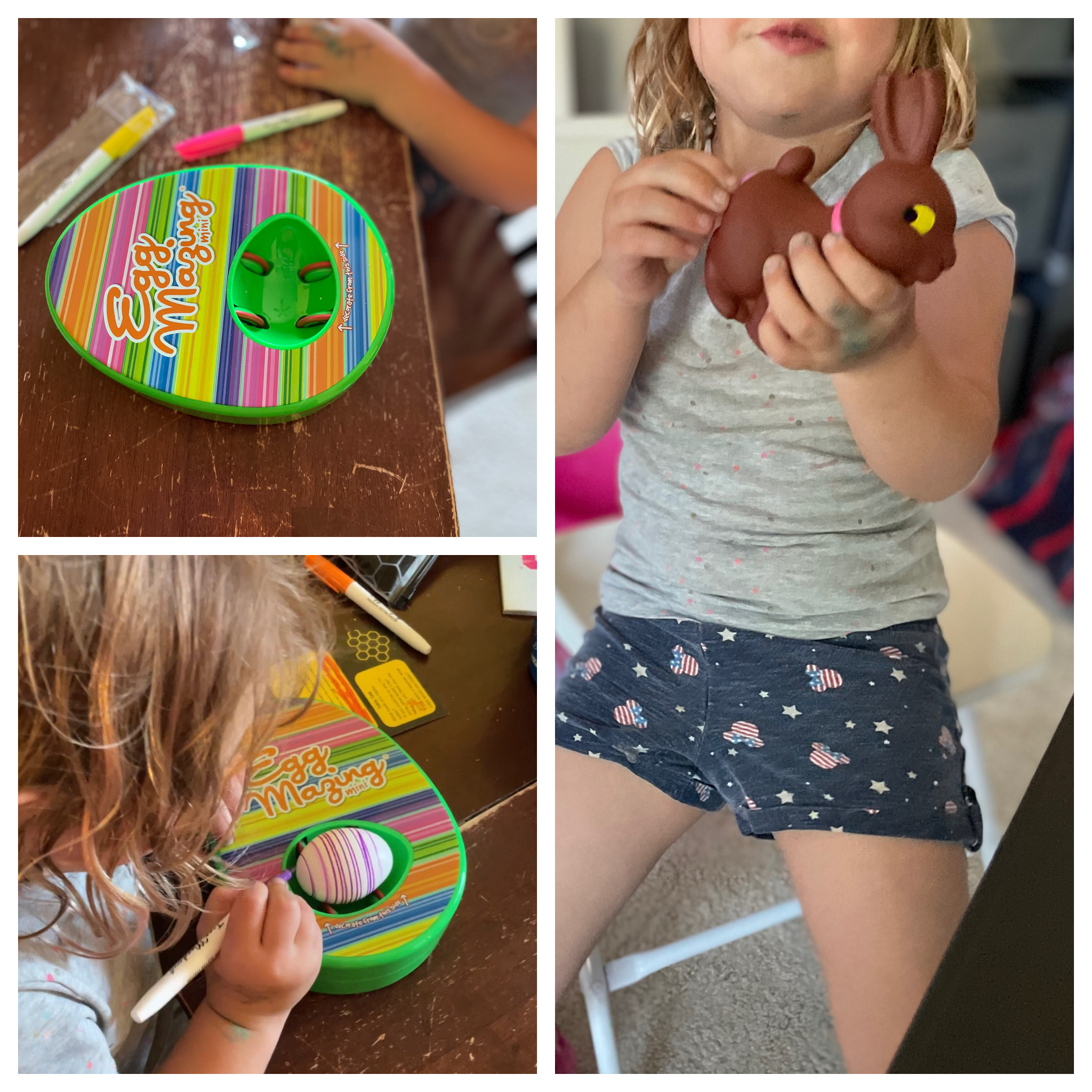Coping with depression: A guide to finding hope
Depression recovery tips
Dealing with depression can be an overwhelming and isolating experience. It's important to remember that you are not alone and there is hope for recovery. In this article, we will discuss some effective strategies for coping with depression and finding hope in your journey towards mental wellness.

Finding hope
When you are battling depression, it can often feel like there is no light at the end of the tunnel. However, it's crucial to hold onto hope and believe that things can get better. Here are a few tips to help you find hope:
1. Seek professional help
One of the first steps towards finding hope is to reach out to a mental health professional. They can provide you with the necessary support, guidance, and treatment options to help you overcome depression. Therapy, medication, or a combination of both can be effective in managing depression symptoms and providing a sense of hope.
2. Build a support system
Having a strong support system is crucial when dealing with depression. Surround yourself with understanding and caring individuals who can offer a listening ear and provide emotional support. Joining support groups or seeking out online communities can also provide a sense of belonging and hope for recovery.
3. Practice self-care
Taking care of yourself physically, mentally, and emotionally is essential for finding hope. Engage in activities that bring you joy and relaxation, such as exercise, hobbies, or spending time in nature. Prioritize self-care and make it a part of your daily routine.
4. Challenge negative thoughts
Depression often leads to negative and self-deprecating thoughts. Learning to identify and challenge these thoughts is a powerful tool in finding hope. Practice self-compassion, reframe negative thinking patterns, and focus on positive aspects of your life.
5. Set realistic goals
Setting achievable goals can give you a sense of purpose and hope for the future. Start small and gradually work towards bigger goals. Celebrate your accomplishments, no matter how small they may seem, and acknowledge your progress along the way.
Overcoming depression
Overcoming depression requires patience, resilience, and a commitment to your own well-being. Here are some strategies that can help you on your journey towards recovery:
1. Develop a routine
Creating a daily routine can provide structure and stability in your life. Establish regular sleep patterns, eat a balanced diet, and engage in activities that promote overall well-being. Stick to your routine as much as possible, even when you don't feel motivated.
2. Stay active
Regular exercise has been proven to be effective in managing depression symptoms. Engage in activities that you enjoy, whether it's going for a walk, practicing yoga, or participating in a sport. Physical activity releases endorphins, which can boost your mood and help alleviate feelings of depression.
3. Avoid self-medication
Turning to substances like alcohol or drugs might provide temporary relief, but it can worsen depression symptoms in the long run. Instead, seek healthier coping mechanisms such as talking to a supportive friend, journaling, or engaging in relaxation techniques.
4. Challenge isolation
Depression often leads to social withdrawal and isolation. It's important to challenge this tendency by reaching out to loved ones and engaging in social activities. Surrounding yourself with positive and supportive people can help combat feelings of loneliness and provide a sense of belonging.
5. Practice mindfulness
Mindfulness techniques, such as meditation and deep breathing exercises, can be beneficial in managing depression. These practices help bring your attention to the present moment and cultivate a sense of calm and tranquility. Consider incorporating mindfulness into your daily routine.
Mental health self-help
Taking care of your mental health is essential for overall well-being. Here are some additional self-help strategies that can support your mental health:
1. Prioritize self-compassion
Be kind and understanding towards yourself. Practice self-compassion by offering yourself the same love, care, and support you would give to a close friend. Treat yourself with the same level of kindness and understanding that you would expect from others.
2. Educate yourself
Learn about depression and mental health to gain a better understanding of your condition. Educating yourself can help you recognize symptoms, identify triggers, and develop coping strategies. There are many reputable resources available, such as books, websites, and podcasts, that provide valuable information on mental health.
3. Express yourself creatively
Engaging in creative activities can be a powerful form of self-expression and a way to cope with depression. Whether it's writing, painting, playing an instrument, or dancing, find a creative outlet that resonates with you and allows you to express your emotions.
4. Practice gratitude
Cultivating a gratitude practice can shift your focus from negative to positive aspects of your life. Take time each day to reflect on things you are grateful for, no matter how small. This practice can help foster a sense of appreciation and increase feelings of happiness and hope.
5. Maintain a healthy lifestyle
Adopting a healthy lifestyle can have a significant impact on your mental well-being. Make sure to prioritize sleep, eat nutritious meals, and limit your intake of caffeine and processed foods. Taking care of your physical health can positively influence your mood and overall outlook on life.
Remember, recovery from depression is a journey, and it takes time. Be patient with yourself and celebrate small victories along the way. With the right support, coping strategies, and a belief in your own strength, you can find hope and overcome depression.





